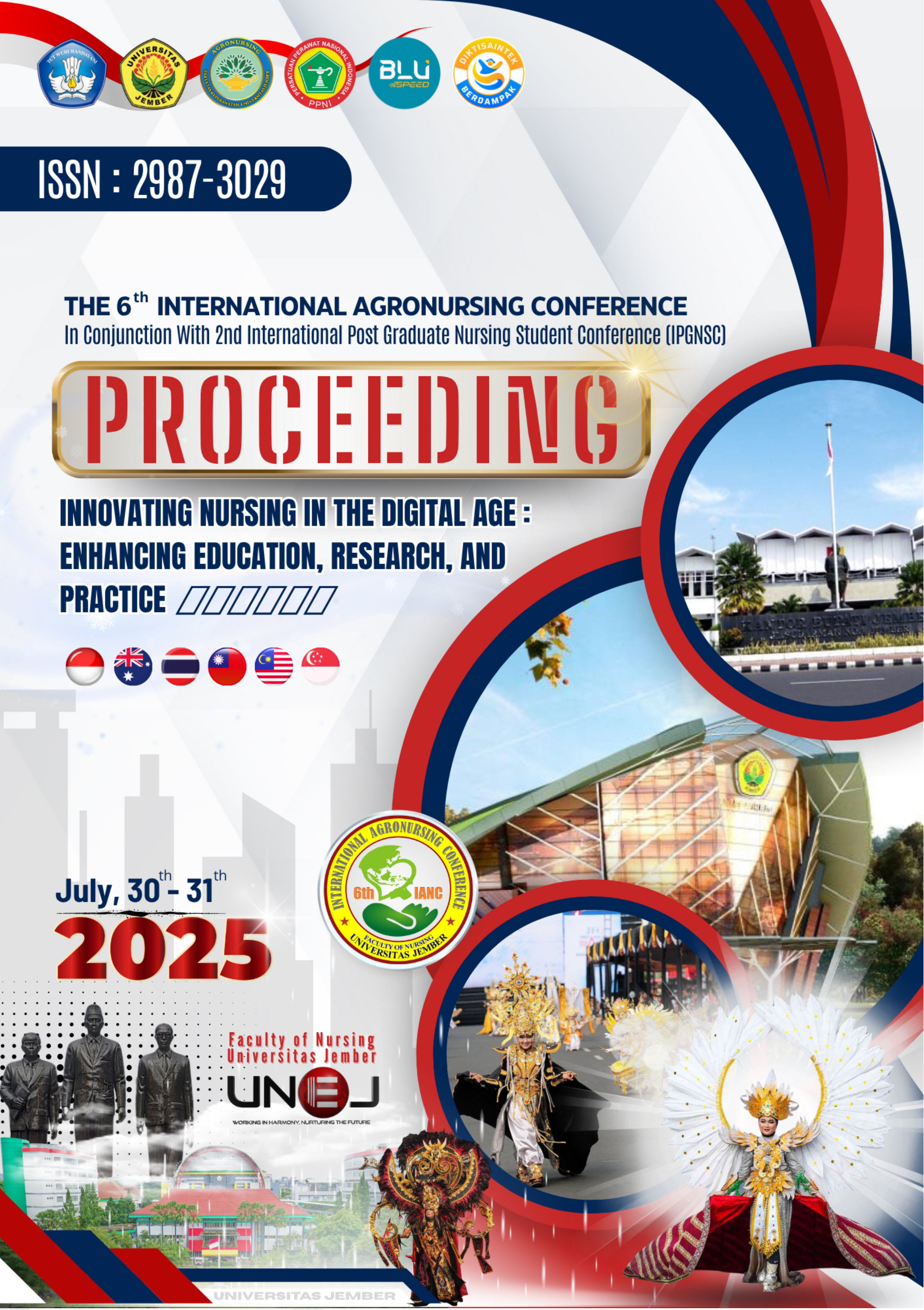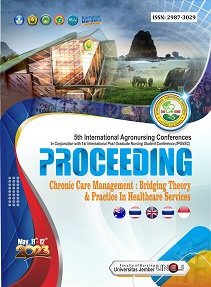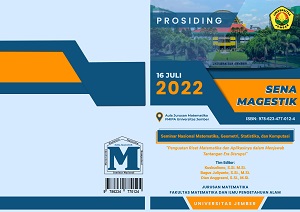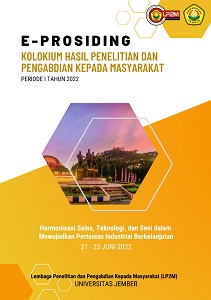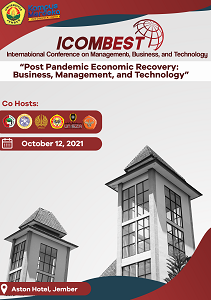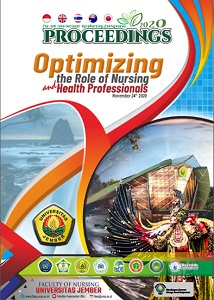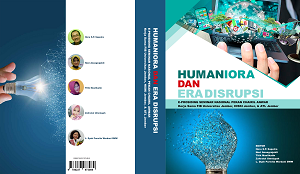MOBILE EDUCATION APPS AND THEIR IMPACT ON DIABETES SELF-CARE: A SCOPING REVIEW
Abstract
Introduction: Type 2 diabetes mellitus (T2DM) present significant global health challenges, particularly in areas with limited health literacy and educational resources. Mobile education applications have become valuable tools for supporting diabetes self-management. This scoping review aims to evaluate the impact of mobile education apps in improving self-care practices among T2DM patients and their potential integration into nursing practice.
Methods: Following PRISMA-ScR guidelines, this review applied the PCC framework (Population: individuals with T2DM; Concept: Mobile health; Context: diabetes self-management). Relevant studies published from 2015 to 2025 were identified in PubMed, Scopus, ScienceDirect, and Google Scholar, yielding ten studies for analysis.
Results: Common app features included evidence-based education, self-monitoring, automated reminders, and personalized feedback. Regular app use significantly improved blood glucose monitoring, dietary management, physical activity, medication adherence, foot care, and reduced HbA1c levels. Successful implementation factors were nursing or educator support, ease of use, and culturally adapted content. Barriers included low digital literacy, declining engagement over time, and challenges integrating data into healthcare systems.
Discussion: Mobile education apps effectively enhance T2DM self-care by improving health literacy, fostering self-monitoring, and promoting healthy habits. Future research should address digital literacy, long-term engagement strategies, and effective integration into nursing practices and healthcare workflows.

